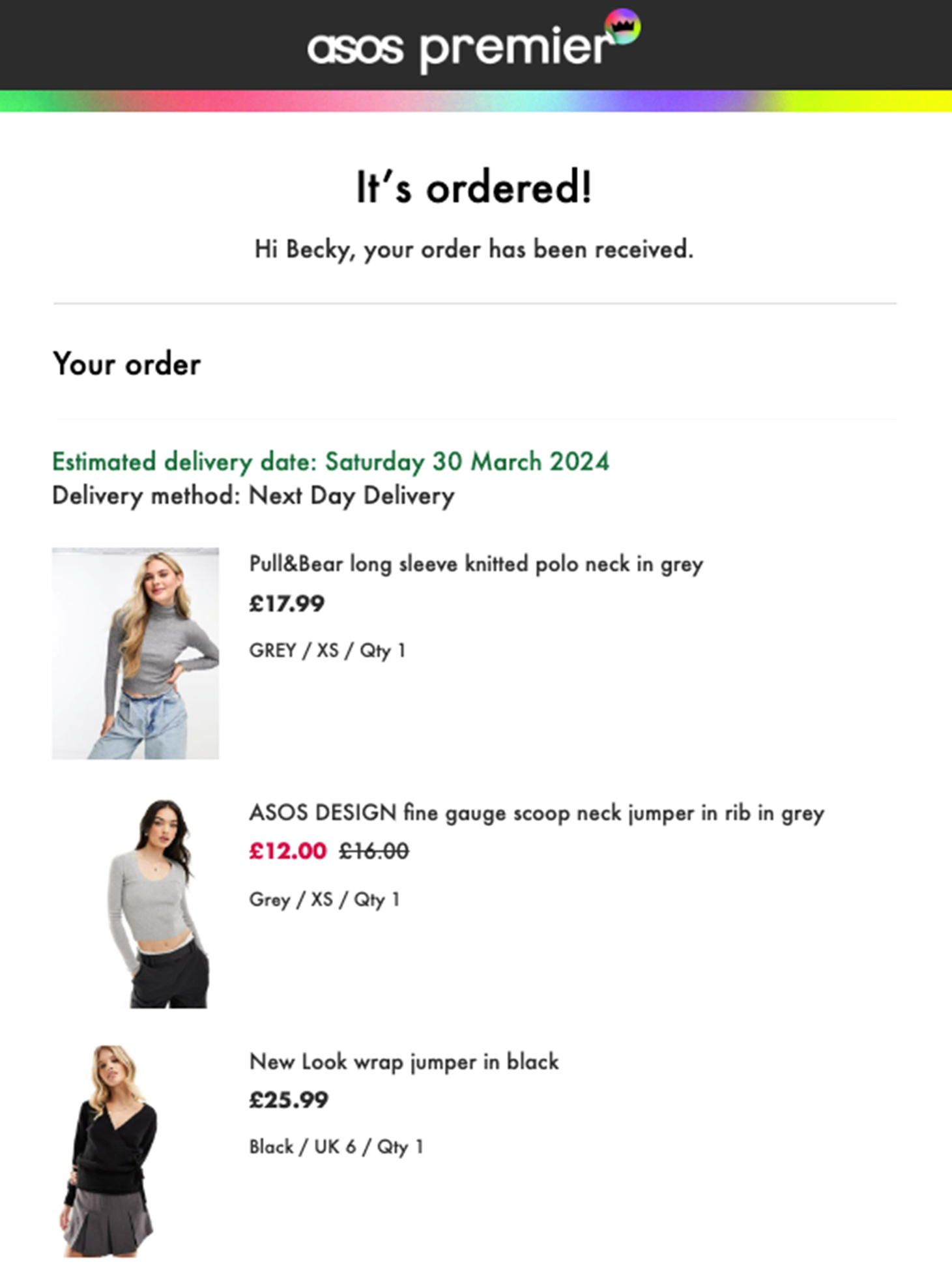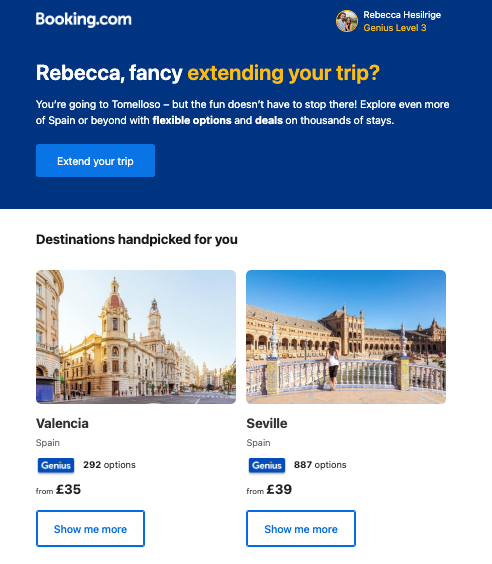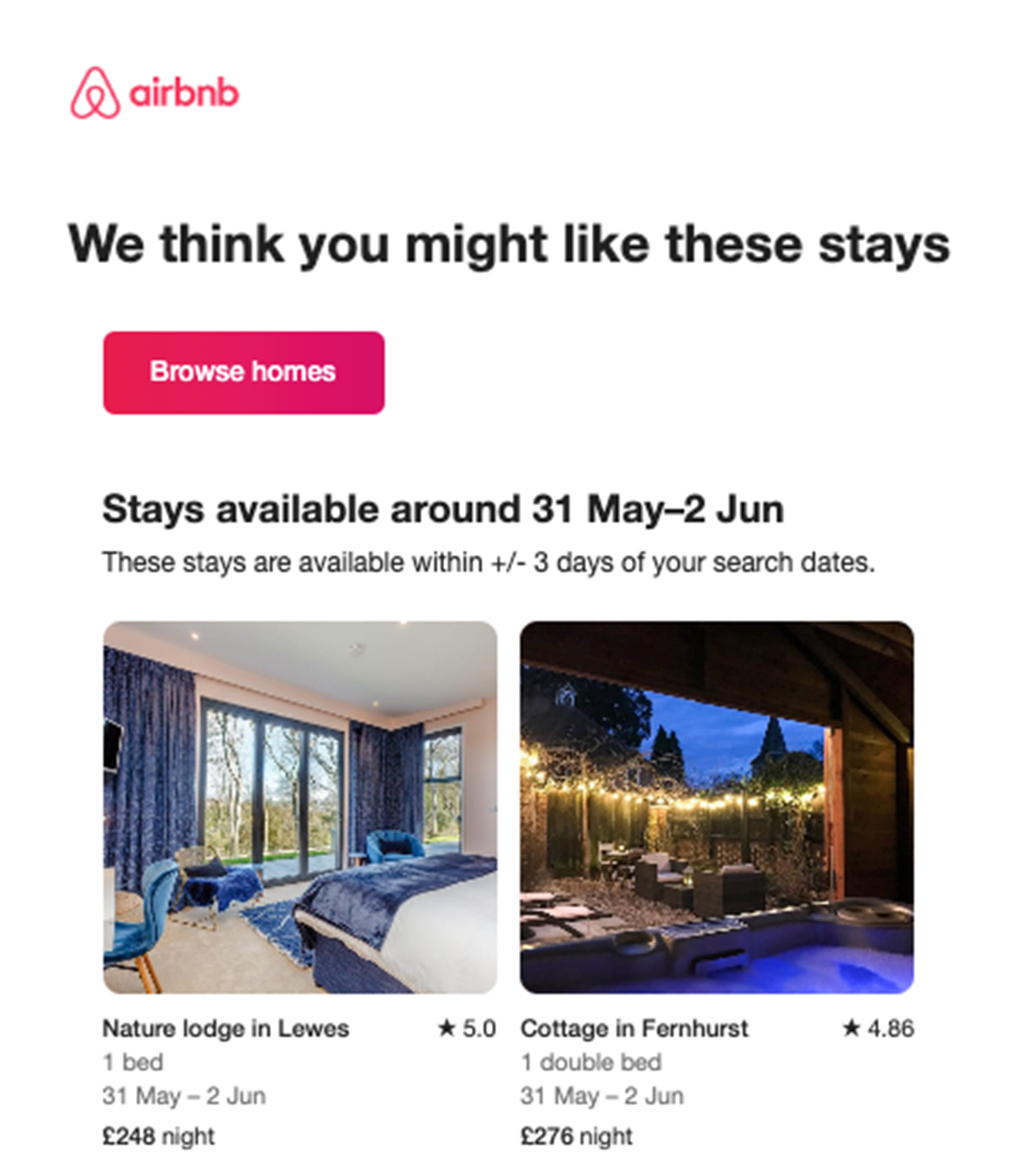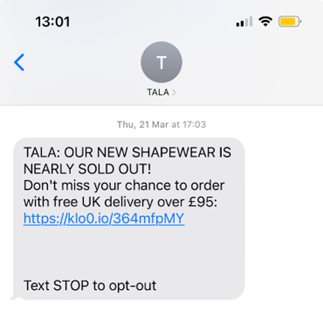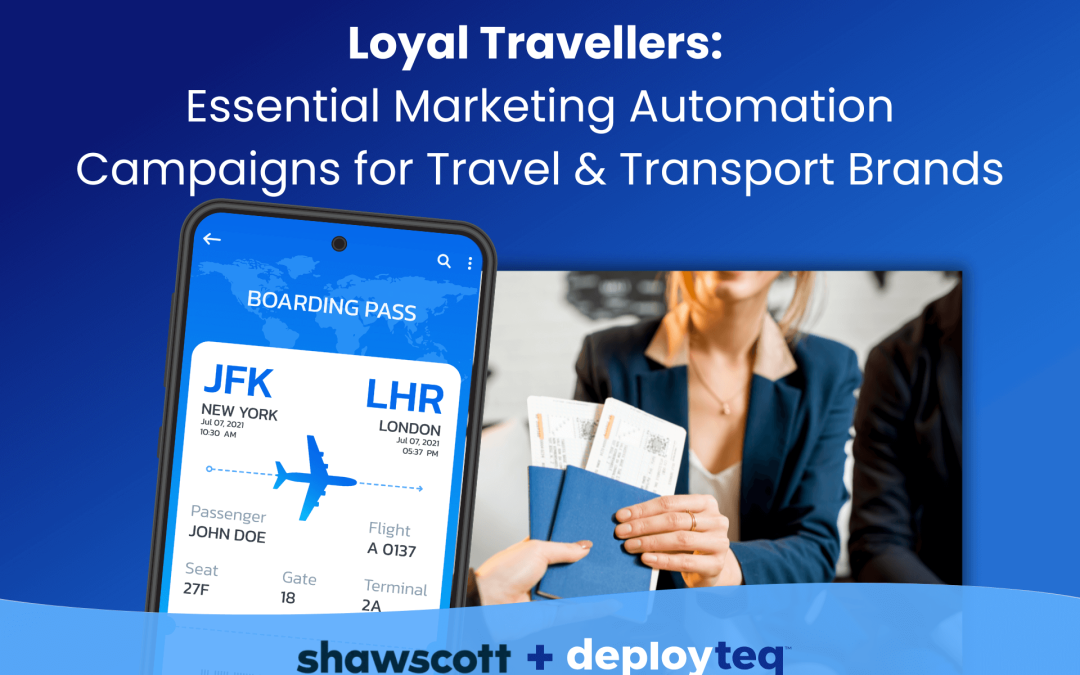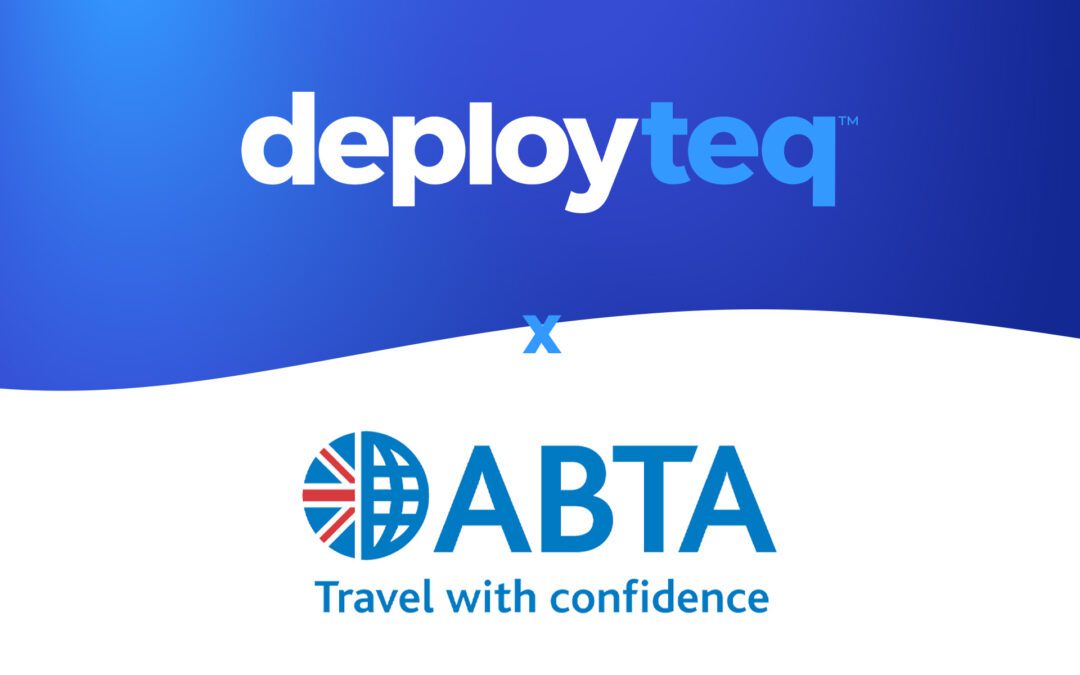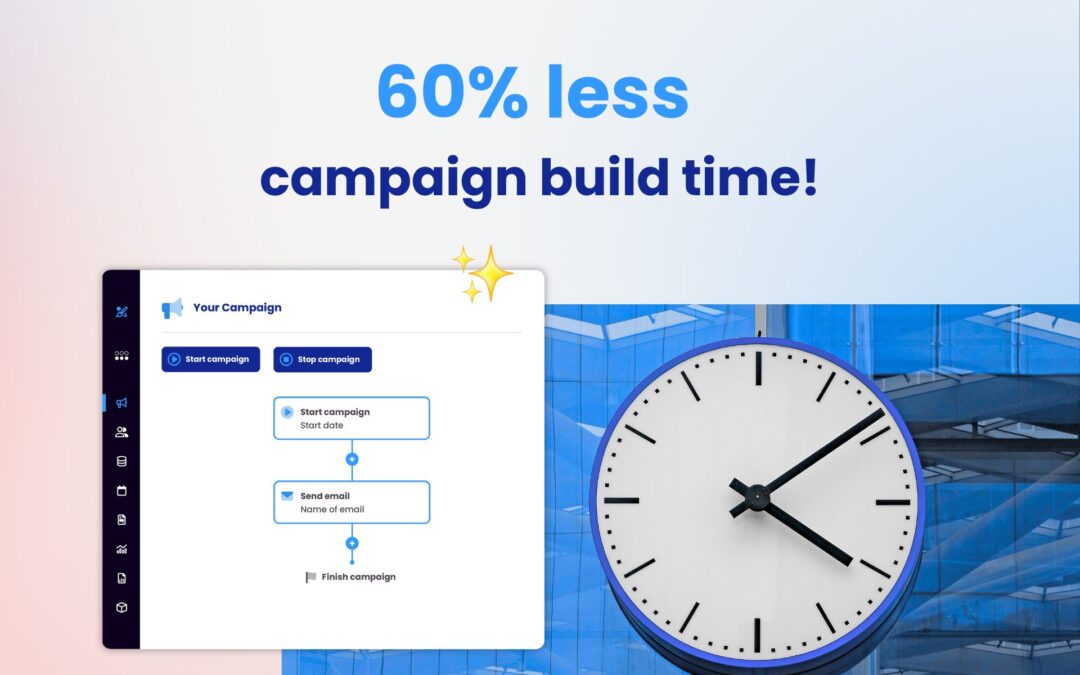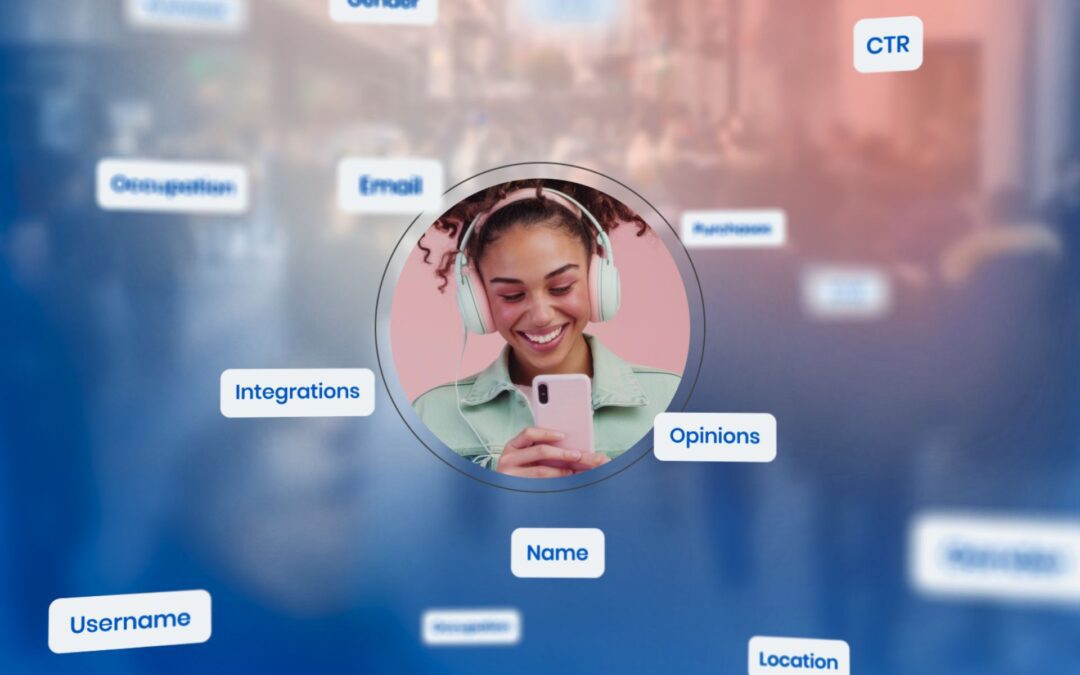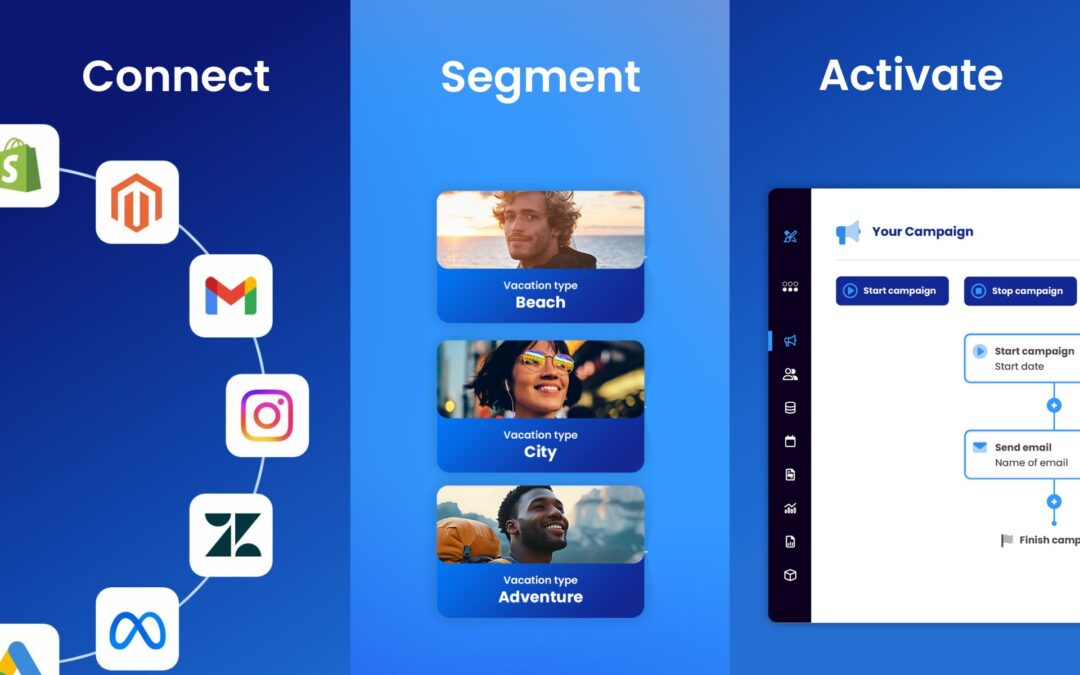But let’s be honest, increasing brand awareness can be a tough job. Often involving multiple channels, an ongoing stream of campaigns, and consistency in positioning.
This is where the strategic integration of marketing automation comes into play. Whilst you may be familiar with the concepts of brand awareness and marketing automation individually, merging the two can generate fantastic results.
In this blog post, we’ll delve deeper into the relationship between brand awareness and marketing automation. We’ll explore the benefits of utilising automation to enhance brand visibility and provide actionable strategies to implement automated campaigns effectively.
Understanding brand awareness and marketing automation
Enhancing brand awareness through marketing automation refers to using automated tools and workflows in a strategic way to improve the visibility, awareness, and sentiment of your brand with potential, new, and existing customers.
It involves leveraging automation technology to help deliver consistent, personalised, and timely messaging across a variety of digital channels, including email marketing, SMS, WhatsApp and push notifications.
By utilising marketing automation, businesses can generate a true lift up in brand awareness by exposing their target group to their brand at the right time and staying at the forefront of consumers’ minds, without having to dramatically increase costs and resource.
The benefits of marketing automation on brand awareness
By embracing marketing automation, businesses can reap a wide range of benefits for their brand awareness, including:
- Consistent brand messaging: Ensuring that your brand message, tone, visuals, and timing are consistent is one of the cornerstones of effective brand awareness. However, when done manually this process can be open to human error or interpretation. Not to mention becoming time-consuming and repetitive.
By automating processes such as email template creation, posting schedules, or website content blocks, marketers can ensure a unified identity to reinforce brand recognition within their target audience. - Improved efficiency: A significant benefit of marketing automation is saving time and improving efficiency. For instance, through the use of automated workflows, marketers can send up a wide variety of email campaigns to send at specific times or triggered based on specific actions. Which contributes to a steady, consistent stream of messaging to help keep brands in consumers’ minds.
But it’s not just campaigns that can become even more efficient, marketing automation also streamlines analytics and reporting. Instead of manually compiling and managing data from multiple sources, automation tools offer customisable dashboards and reports that provide insights into different areas of campaign performance, allowing marketers to make informed decisions quickly and efficiently. - Highly personalised communications: With the use of marketing automation tools, marketers can collect and analyse vast amounts of consumer data, including demographics, preferences, behaviours, and purchase history.This wealth of data enables marketers to segment their audience into groups based on common characteristics, allowing for highly targeted and personalised campaigns.
Even better, marketing automation allows for dynamic content creation and delivery, where content is customised in real-time based on user interactions or preferences, replicating a one-to-one conversation with each individual. - The ability to scale: Through marketing automation, many repetitive tasks are taken care of, requiring no additional headcount or budget. This of course means that marketers can send more communications to more recipients at the push of a button. This enables businesses to scale their reach and message to a broader audience, without compromising on brand consistency.
You may be thinking that bigger campaign sends may mean more bounces or unsubscribes, but not necessarily. Marketing automation also allows marketers to optimise and refine their campaigns to accommodate campaign growth. Not only ensuring that large campaigns are as effective as the smaller ones, but actually improving the quality of communications through data-driven insights in the process.
5 ways to utilise marketing automation for brand awareness
Now we’ve covered some of the reasons why you should be embracing marketing automation to improve your brand awareness, let’s look at some of the ways you can execute these automated campaigns
1. Personalised campaigns
Research has found that 71% of consumers expect personalisation, and 76% get frustrated when they don’t receive it. So, it’s evident that by using marketing automation to create and send campaigns that speak to each individual, you can continue to improve your brand relationship with your audience.
Skin+Me achieve this through the use of campaigns personalised to each individual’s prescription and stage in their subscription journey.
2. Transactional updates
When a consumer purchases from a brand, it’s essential that they feel reassured and kept in the loop to ensure a brand remains trustworthy in their audience’s minds.
Brands such as ASOS achieve this through email communications at every stage of the buying journey, from initial order all the way through to delivery.
3. Nurturing and retention workflows
Whether a consumer is yet to make a purchase or has been buying from you for years, maintaining brand awareness and positive brand sentiment in a consistent manner is essential to beat the competition.
This can be achieved through workflows focused on nurturing a sale, retaining customers, or even up-sell and cross-sell opportunities.
Booking.com use marketing automation to harness customer browsing and purchase history to send targeted trip recommendations, tips, and add-ons to ensure they will be the website of choice for holidays and adventures.
4. Retargeting campaigns
Marketers can leverage marketing automation to execute retargeting campaigns that remind potential purchasers of their brand.
This could include triggered-based automations such as abandoned baskets, related purchases, or additional information and reviews for a specific product.
For instance, Airbnb uses browsing history alongside marketing automation to trigger highly relevant accommodation recommendations, based on location, accommodation type, and requested dates.
5. Multichannel campaigns
Of course, marketing automation isn’t only limited to email marketing. Using a multichannel approach, you expose your audience to your brands through different touchpoints, emphasising your brand identity in copy, styling, and tone of voice across all channels. Take for example SMS as the perfect complement to email campaigns. With SMS messaging boasting high open rates, it’s a great channel to get your brand seen.
TALA utilise SMS marketing alongside their email campaigns for a variety of brand awareness, including product launches, stock updates, and sales.
By strategically employing marketing automation tools, businesses can enhance brand visibility and engage with customers consistently across various digital platforms, all without a substantial increase in resources. Discover actionable strategies to implement automated campaigns effectively and witness firsthand the transformative impact on brand awareness and consumer engagement.
Do you want to boost your brand awareness as efficiently as possible?
At Deployteq, we specialise in marketing automation, the key to efficient brand awareness.
Our innovative platform coupled with our team of experts enables marketers in a range of industries to automate highly personalised, timely campaigns through email, SMS, WhatsApp, and in-app. Ensuring your brand can be seen on the channels that really count.
If you’d like to learn more, get in touch with our team to hear how we can support your business, and get your brand seen.


